It has been a week since the tailings dam at the Mount Polley gold-copper mine failed, sending millions of cubic metres of slurry and water racing through the Cariboo wilderness of central British Columbia. So far the daily press has provided reasonably balanced coverage, thank goodness.
Owner Imperial Metals of Vancouver is portrayed as being contrite and co-operative. President and CEO Brian Kynoch called the spill "gut wrenching". The company has provided information about the toxicity and amounts of chemicals in the water and gangue. Data is being shared as it becomes available. On Aug. 7, Imperial submitted a preliminary environmental impact assessment and action plan to the province, and work on implementing the action plan has begun.
The Mining Association of Canada came to Imperial's defence in a news release, saying:
Imperial Metals has apologized to the public for the breach of its tailings pond. Imperial has recognized and publicly asserted its responsibility to remedy the situation, and is working to stop the problem, get to the root of why it happened, mitigate the effects and prevent future failures. The company is cooperating fully with communities, and local and provincial authorities. Fortunately, the incident did not result in injuries, and the tailings from the Mount Polley mine are non-acid generating, but the company does recognize there has been a significant environmental impact that will have to be addressed.
Imperial Metals has been a member of MAC for the past two years and is in the early stages of implementing the Towards Sustainable Mining (TSM) initiative, a major component of which includes commitments to ensure the safe operation and management of tailings.
Initial fears that the spill would be disastrous for the local watershed appear unfounded. The BC Ministry of Environment's results of water quality tests indicated that samples from both Quesnel Lake and the Quesnel River met both provincial and federal safe drinking water guidelines. The ministry stated that the "impact to aquatic life and fish is not expected."
Results of water testing by the BC Interior Health Authority are pending, therefore some water use restrictions remain in effect.
After a catastrophe, there is no shortage of scare stories and finger-pointing. Mount Polley is no exception. Reports have surfaced that the skin of salmon caught in the Cariboo region comes off in large patches as fishermen handle them. Stories are circulating about multiple warnings from provincial authorities. A former Mount Polley employee claims to have told management about the potential for a tailings dam breach two years ago.
And Knight Piesold, the engineering firm that originally built the dam, defended itself on its website, saying it warned Imperial in 2011 that the water level behind the dam was rising beyond its planned level. In February that year, Knight Piesold withdrew from further involvement in the dam. The next month, the firm provided the mine with a formal design, construction and monitoring handover, and noted that "Knight Piesold will no longer have any responsibility for the performance of the tailings storage facility."
Not that the dam was orphaned. Imperial and a third party continued to monitor and build the structure to engineering best practice.
The true test of a mining company's sustainability will come in the weeks, months and years ahead. Imperial should bear the costs of cleanup and remediation, even if its insurance coverage does not cover all costs, which have been estimated as high as $200 million. Plus there will certainly be lawsuits and legal damages to cover.
Whether Mount Polley can ever be reopened and operated economically, is unknown at this point. That decision is a long way in the future. If the mine is to be permanently closed, the closure bond might help return the area close to its wilderness aspect.
Meanwhile, Imperial has begun a program of controlled water release from Polley Lake into Hazeltine Creek. The release is necessary as debris from the initial breach is blocking the outflow, causing the water level to rise again. The move was undertaken with the consent of the relevant provincial authorities.
Follow Imperial's efforts at Mount Polley on ImperialMetals.com.
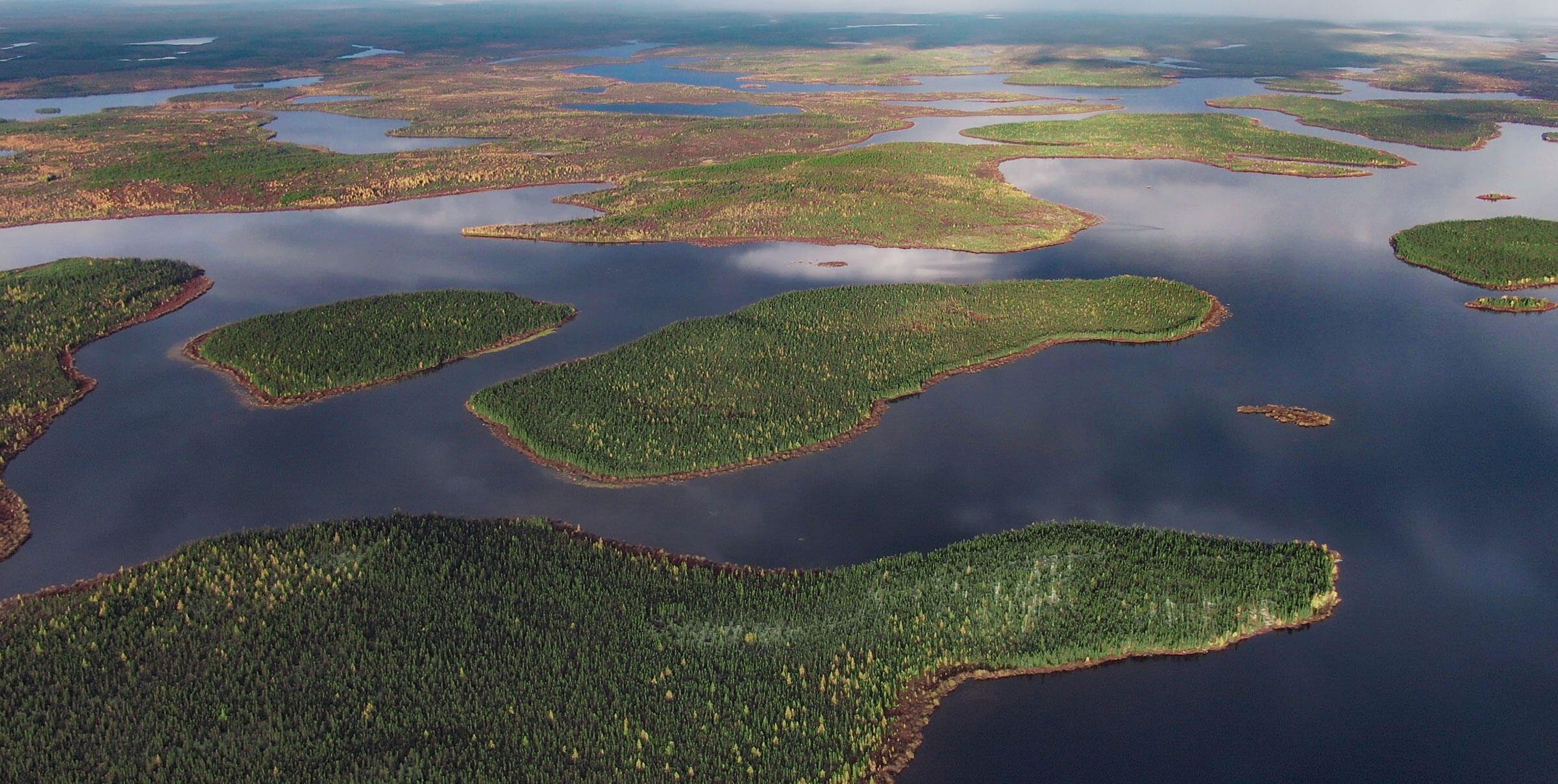
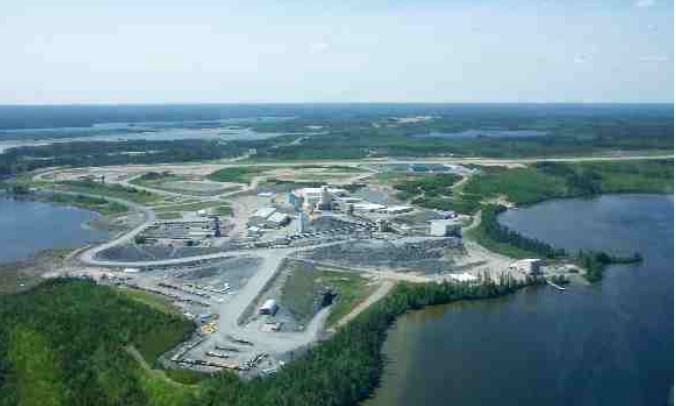
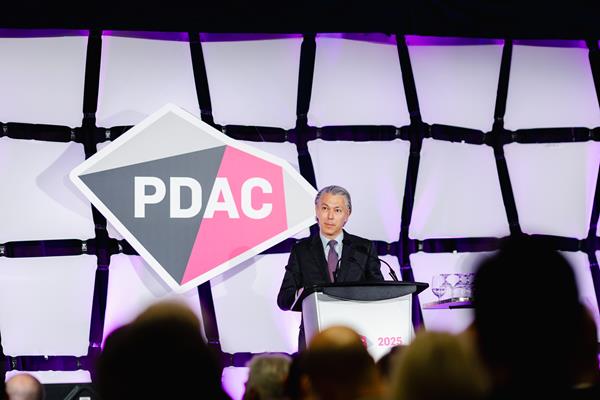
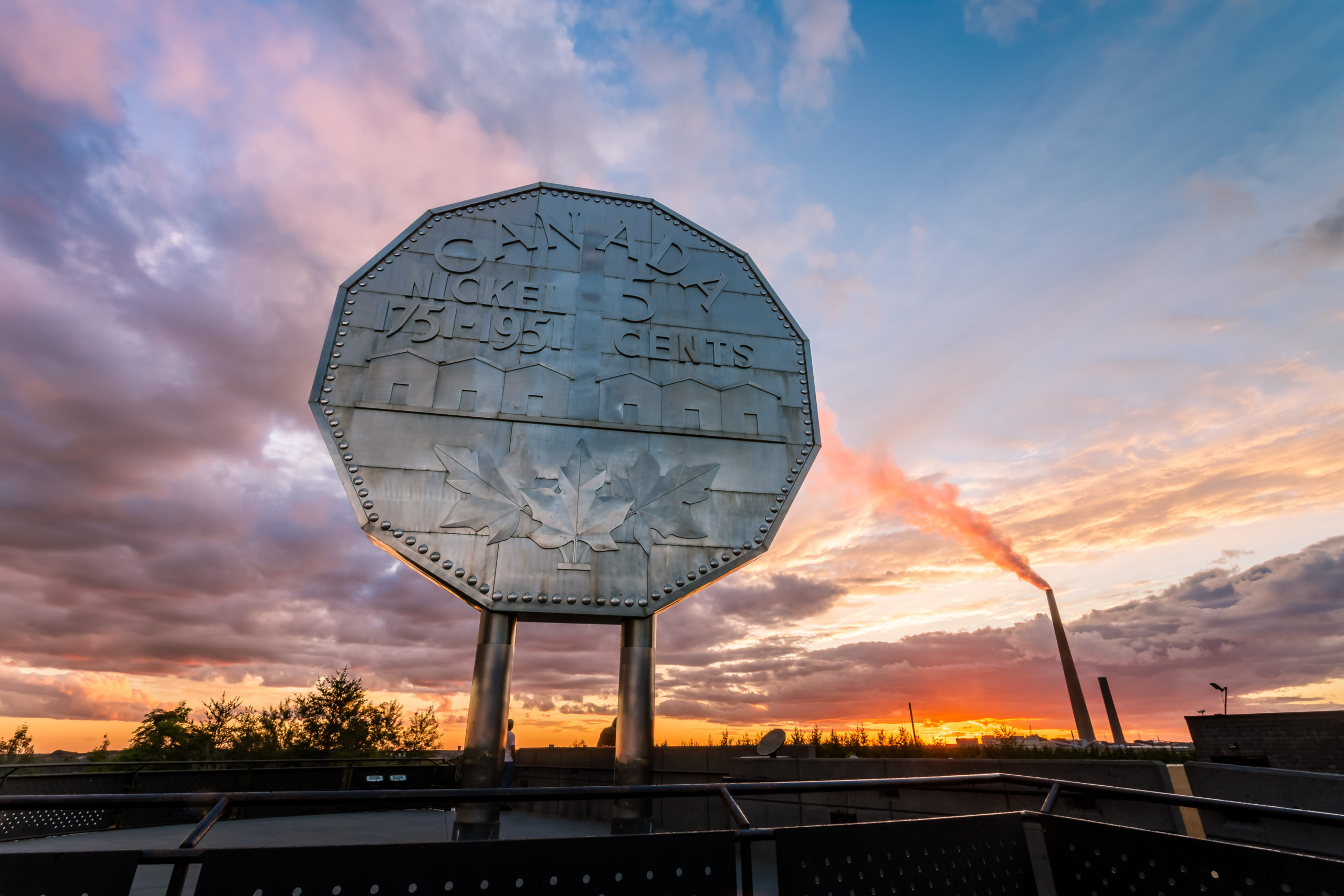
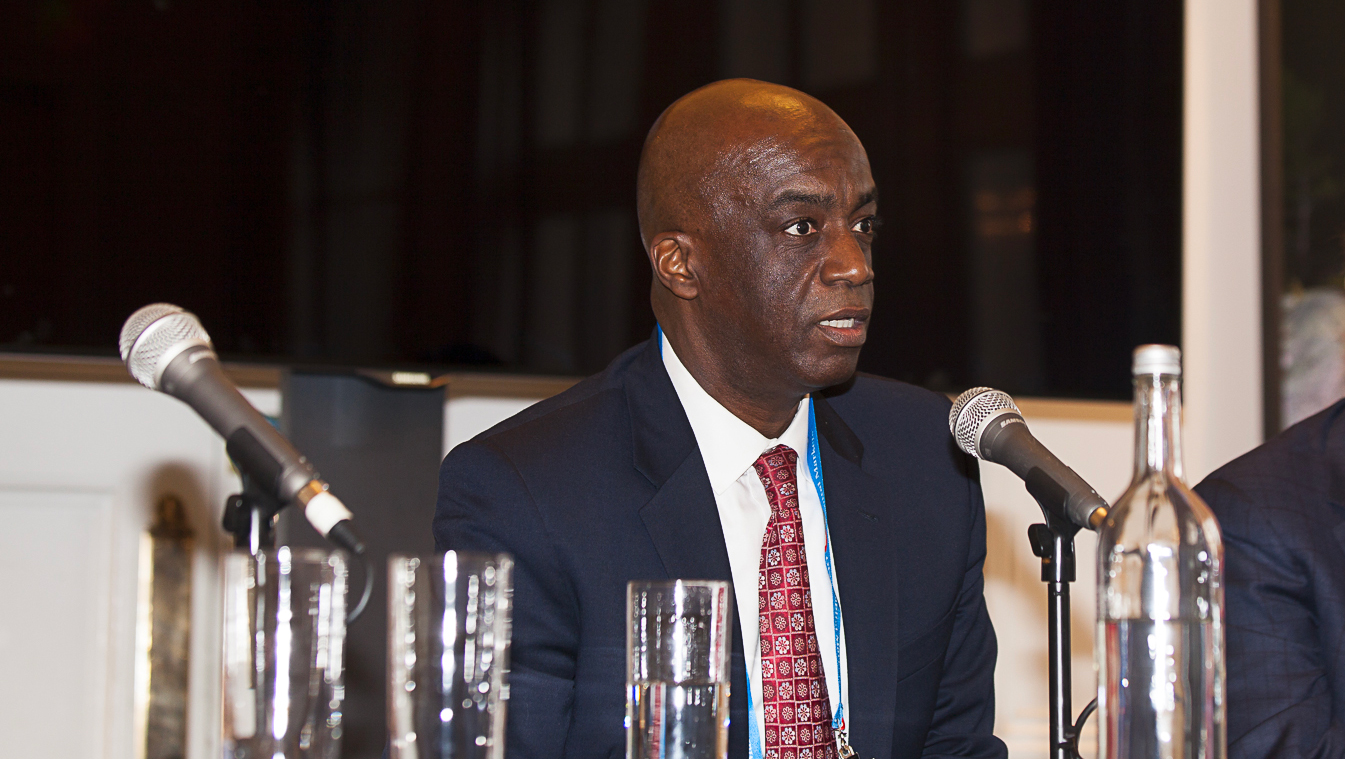
Comments
Dan Mackie
In 2001, I gave a paper at the TMS Cyanide Symposium in New Orleans, which was primarily given to promote the use of cyanide destruction and our technology. As you may remember that was shortly after the Los Frailles spill in Spain. In doing my research, I was astounded to find that there had been on average a major spill around the world each year every 30 years prior. I made the statement, that if we keep doing what we are doing, we are going to keep getting what we are getting. We must embrace new technology.
My heart goes out to the folks at Imperial and the Cariboo area in general and wish them well in mitigating this disaster.
Dan Mackie